Features and Benefits of WebTitan
Advanced Reporting
Different considerations for different environments.
Scalable & Fast
Solutions can handle any volume of usage with no latency.
Industry Leading Support Team
Committed to your success from day one, with our dedicated support teams.
All API Driven
Remote management and monitoring via API.

Content Filtering
Content filtering is a critical function for maintaining a secure network. It ensures access to malicious sites are blocked, thwarting malware and breaches.
Enhanced Security
MSPs can enhance the security posture of clients.
Low Overhead
No additional hardware or software required.
Malware Blocking
Prevent malware entering an organization, filters can be set to block sites that commonly host malware, such as those related to pornography or gambling.
URL Classification
Over 500M visited URLs inform our threat corpus.
Increased Productivity
When known distractions like social media and streaming video sites are blocked, productivity increases.


Flexible Policies
Define URL filtering policies and control Internet access for users or groups, blocking or allowing specific URLs or website categories.
Control Network Access
Tailor policies by network, group, user, or device.
Corporate Usage Policies
Block adult, gambling, hate, and illegal sites.
Malicious Detection Service
Implement robust measures to prevent malicious spyware and hackers from accessing sensitive user and company information.
Real Time Threat Detection & Monitoring
Crowd-sourced approach for URL analysis.
URL, Domain and Path Coverage
Deep analysis due to full path detection.


Phishing Prevention
Offering time-of-click protection in phishing emails, WebTitan prevents users from accessing malicious sites, breaking the phishing cycle.
Protect Client Data
Restricts clicks/links from launching malicious websites.
Enforce Regulatory Compliance
Promotes compliance with internet usage policies.
Did You Know?
businesses experienced DNS attack
malware & spyware domains categorised a day
predefined categories by default
of websites tested by Google for malware were infected
Related Features
Extensive APIs
Safe Search
User Identification
Anti Phishing
DNS Security Report for MSPs
The internet provides businesses with ample opportunity and unprecedented scope for growth, but alongside its many positives comes risk. It's important your MSP clients are aware of the threat posed by not taking their DNS security seriously.
Cisco Umbrella Alternatives and Competitors
WebTitan offers a seamless replacement for OpenDNS Cisco Umbrella. Over the past 24 months, numerous OpenDNS Cisco Umbrella clients have migrated to WebTitan DNS Filtering. This guide compares both solutions, highlighting the reasons users migrate to WebTitan as a preferred web filtering and DNS security solution.
Powerful Phishing Protection & Remediation for MSPs
Discover how PhishTitan's dedication to phishing protection empowers your MSP business for growth and allows you develop a security portfolio to enhance profitability. This datasheet explores PhishTitan's essential MSP features, equipping you to achieve precisely that.



Frequently Asked Questions (FAQs)
What is a Cloud Web Filter?
A cloud web filter is a cloud based web filtering solution allowing you to monitor, control and protect users when online. Requiring no on-premise software or end user client software, setting up the cloud web filter is simple and quick. Cloud-web filtering solutions make it possible to adapt to the internet protecting users and data from evolving threats.
What does the WebTitan Cloud Web Filter Block?
The WebTitan Cloud web filter provides complete protection to users from online threats by blocking access to dangerous website categories including malware, phishing, spam, annonimiser sites. WebTitan allows adherence to corporate web usage policies by blocking access to categories such as adult, pornography, hate speech and nudity; or create usage policies to ensure resource protection, controlling or limiting access to social media, video or streaming sites.
How do I set up WebTitan DNS Filtering?
You can sign up to a fully supported, free trial of WebTitan Cloud (no commitment required) and be up and running in 5 minutes. All you need to do is add your external IP address and choose a policy to suit your needs. Once you redirect your DNS to WebTitan Cloud you’re ready to begin.
What are the Benefits of Using WebTitan?
WebTitan offers a comprehensive range of benefits. It proactively protects network uptime and remote/mobile/branch/roaming end users. WebTitan prevents internal employee breaches, including C2 call backs from phishing links and employs a layered approach to security. WebTitan relieves strain on other security solutions such as antivirus (AV) and firewalls and significantly reduces security incidents.
How Do I Integrate WebTitan Cloud into my Existing Cloud Offering?
WebTitan Cloud offers a robust Rest API set with dedicated infrastructure, allowing easy incorporation of DNS filtering and customer onboarding directly into your existing cloud offering. Full set of keys and secrets are readily available for WebTitan Cloud administrators.
What are the Key Features of this Product?
The key features include; Malware Blocking, Content Filtering, Phishing Prevention, Flexible Policies, Secure BYOD, Best-in-Class Support, Enhanced Reporting and Real-Time Updates.
How Does WebTitan Protect Against Phishing Attacks?
The product leverages AI-powered protection to actively identify and block both active and emerging phishing URLs, including zero-minute threats.
How Does Malware Blocking Work?
Malware Blocking actively identifies and blocks malicious software, phishing attempts, viruses, ransomware, and other threats from infiltrating your network.
What is Content Filtering?
Content Filtering ensures that malicious content is intercepted and blocked at the source before it reaches your network, providing an additional layer of protection.
How Can Flexible Policies Benefit My Organization?
Flexible Policies allow you to customize security considerations for different environments within your organization, ensuring tailored protection where it's needed most.
How Scalable is WebTitan's Solution?
Our solutions are designed to handle any volume of usage without introducing latency or compromising performance.
What Reporting Capabilities Are Available?
We provide comprehensive reporting tools that deliver the insights you need to effectively control and protect your network.
What Level of Support Can I Expect?
WebTitan is renowned for its top-class support team, ensuring that you receive the assistance and guidance you need to effectively implement and manage your security solution.
Get free MSP demo






